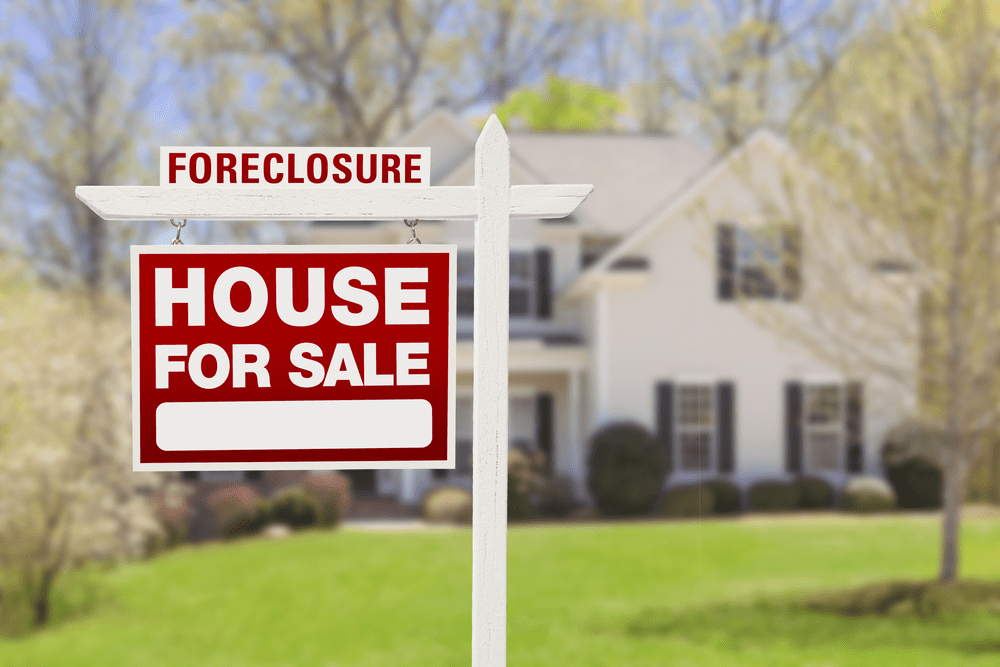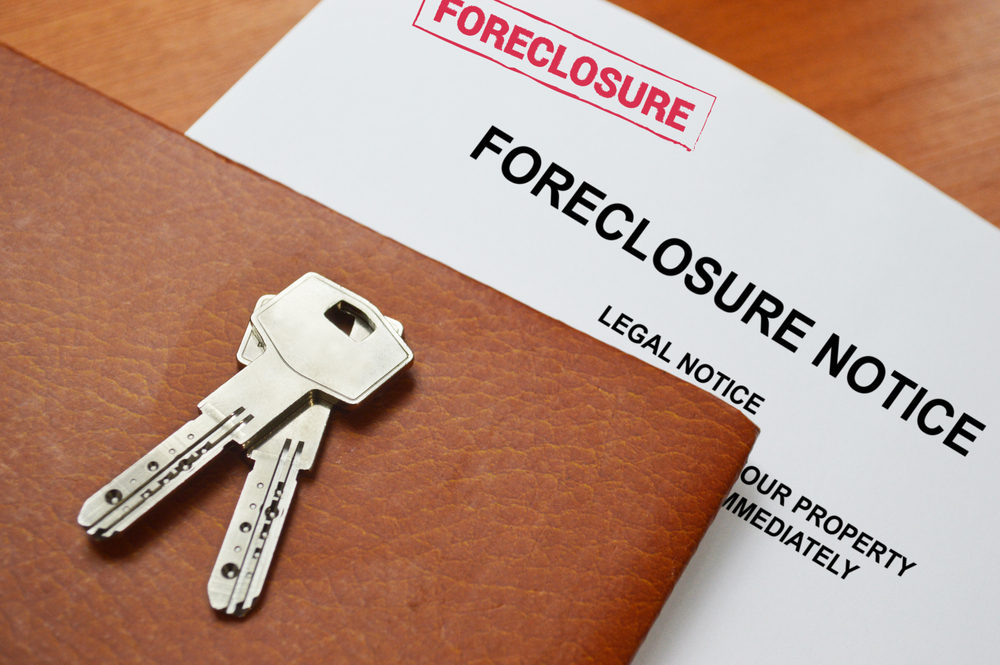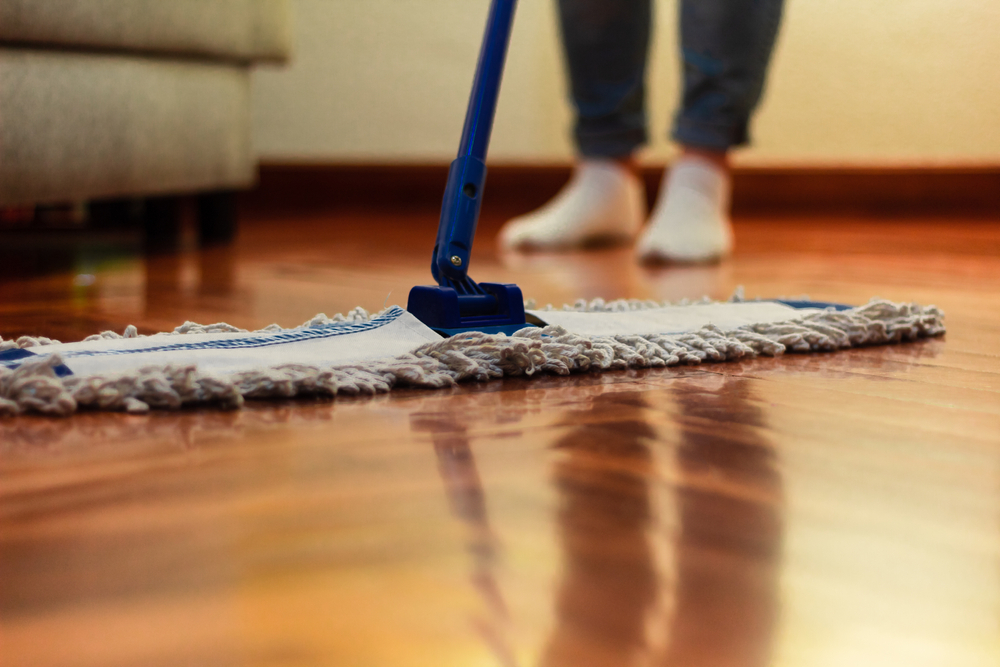How to Sell Your House Before Foreclosure: A Comprehensive Guide
The prospect of facing foreclosure on your home is undoubtedly distressing. It’s a situation that can leave you feeling overwhelmed and unsure about the best course of action. However, there is hope, and it comes in the form of selling your house before foreclosure becomes a reality. This comprehensive guide will walk you through the steps and strategies to help you sell your house quickly and avoid the detrimental consequences of foreclosure, especially in the unique real estate landscape of New York City. Understanding Foreclosure in NYC Before we delve into the steps to sell your house before foreclosure, it’s crucial to understand the foreclosure process in New York City. NYC follows a judicial foreclosure process, which means that the lender must go through the courts to foreclose on your property. This process can take several months, providing you with a window of opportunity to explore alternative solutions. Assessing Your Situation The first step in selling your house before foreclosure is a thorough assessment of your financial situation. Understanding the reasons behind your financial difficulties and the specifics of your mortgage will help you make informed decisions. Here are some critical aspects to consider: Review Your Mortgage Terms: Examine your mortgage agreement to understand the terms, interest rates, and any potential penalties for default. Assess Your Finances: Create a detailed financial inventory, including income, expenses, debts, and assets. This will help you determine your financial standing and your ability to sell the house. Contact Your Lender: Reach out to your lender as soon as you anticipate difficulties in making mortgage payments. They may offer alternatives, such as loan modification or forbearance, to help you avoid foreclosure. Consult with a Real Estate Professional In the competitive NYC real estate market, seeking professional advice is crucial. A local real estate agent experienced in distressed property sales can provide valuable insights. They can assess your property’s market value, recommend necessary repairs or renovations, and create a strategic marketing plan. Sell Your House Quickly When facing foreclosure, time is of the essence. Here are steps to expedite the selling process: Price It Right: Work with your real estate agent to set a competitive and realistic asking price. Overpricing may deter potential buyers. Enhance Curb Appeal: First impressions matter. Invest in minor upgrades like landscaping, fresh paint, and repairs to make your property more appealing. Market Aggressively: Utilize online platforms, local listings, and social media to reach a broader audience. Consider professional staging and high-quality photos to showcase your home effectively. Consider Cash Buyers: In NYC, cash buyers like Cash Buyers NY can provide a swift and hassle-free sale. They specialize in buying properties as-is, which can be a lifesaver in a foreclosure situation. Negotiate with Your Lender: If you find a buyer willing to purchase your property, communicate with your lender about the impending sale. They may be open to postponing foreclosure proceedings to facilitate the sale. Navigating the Legal Aspects Selling your house before foreclosure involves legal intricacies. Consult with an attorney experienced in real estate law to ensure a smooth process. They can assist in preparing the necessary legal documents, negotiating with your lender, and addressing any legal concerns. Prepare for the Sale Once you have a buyer, it’s essential to prepare for the sale efficiently: Gather Documents: Organize all relevant documents, including the deed, mortgage agreement, and property records. Closing Process: Work closely with your attorney to navigate the closing process. Be prepared for negotiations and legal requirements. Relocation Plans: Since you’ll be selling your house, you’ll need a place to live. Arrange your relocation plans well in advance to avoid last-minute hassles. Stay Informed About Your Rights As a homeowner in NYC facing foreclosure, you have rights. Familiarize yourself with local laws and regulations, as they can vary from state to state. Be aware of your rights regarding foreclosure proceedings, eviction, and tenant protections if applicable. Seek Professional Guidance Throughout this challenging process, it’s crucial to seek professional guidance and support. Enlisting the services of a real estate agent, attorney, and financial advisor can make a significant difference in your outcome. They can help you navigate the complexities of selling your house before foreclosure and provide valuable advice tailored to your specific situation. Conclusion Selling your house before foreclosure is a challenging endeavor, especially in the fast-paced real estate market of New York City. However, with careful planning, professional guidance, and a proactive approach, it’s possible to avoid foreclosure and secure a better financial future. Remember that time is of the essence, so take action promptly to explore your options and make an informed decision. If you’re considering selling your house before foreclosure in NYC, Cash Buyers NY is here to help. We specialize in buying properties quickly, providing you with a hassle-free solution during a challenging time. Contact us today for a fair and timely cash offer.
How to Sell Your House Before Foreclosure: A Comprehensive Guide Read More »












